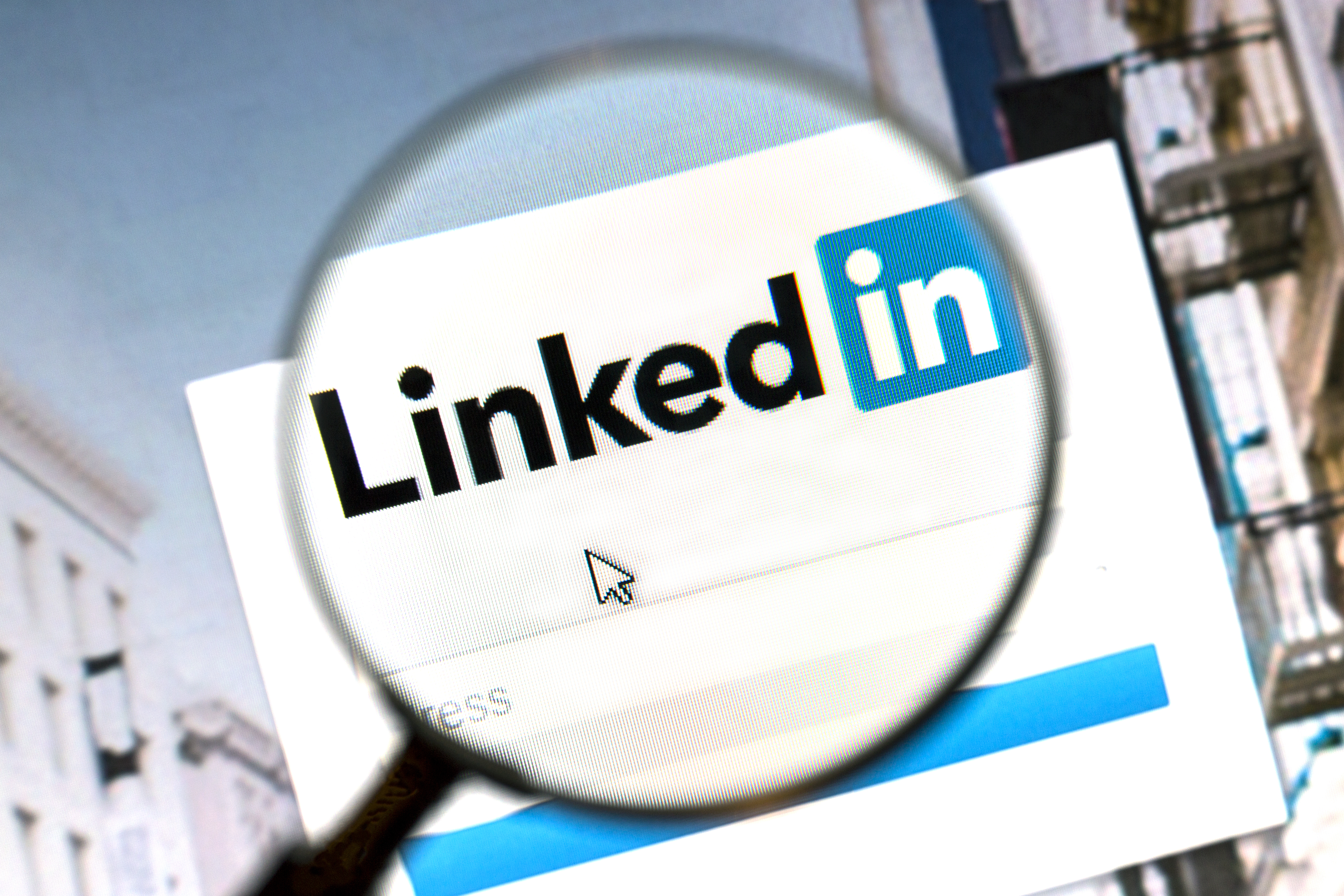

How to Use LinkedIn to Network in the Criminal Justice Industry

Finally graduating and earning your criminal justice degree is such a triumphant feeling. You absolutely should be proud of yourself for all the hard work you’ve done. You earned the prize, but it’s not time to relax just yet. The next step is to leverage the good grades, topic knowledge and experience you’ve gained to impress potential employers and get your dream job. The job search can be a bit intimidating and overwhelming. However, in this day of technology, you’re fortunate to have a number of efficient and effective ways to learn about open positions for which you qualify and to connect with key hiring personnel for those positions. Online networking can provide you with benefits like learning experiences, a relationship with a mentor or opportunities to significantly contribute to the profession. You can use social media, specifically LinkedIn, to network in the criminal justice industry and make connections that could lead to a great job.
First, Create Your Account
Ideally, your online networking strategy should begin prior to graduation. By your final year or last semester, depending on the length of your criminal justice program, you should set up a LinkedIn account. This is your professional online networking platform. Thus, you will need to be sure your profile looks professional, almost like a resume. Add quantifiable achievements to your description so that potential employers can see specifics about the kinds of accomplishments you bring to the table.
Use key words you might see in job descriptions for which you intend to apply. This will make you easier to find if head hunters or company representatives are seeking someone for a particular position. List significant skills that are easy to scan, and include only your most relevant work, volunteer or internship experience.
Make Connections
Begin to search for contacts within the criminal justice field. You can add your instructors and classmates first. That makes sense, as they’re the people closest to you right now. Experts have different opinions on whether you should connect with many people or whether it makes more sense to stay within your industry and people you would ordinarily network with in real life. Use your judgement. Taking a risk may be smart. For example, if you see that one of your personal contacts knows someone at a firm where you would like to work, it makes sense to ask for an introduction. One rule that always applies is to make each connection personal. Take time to write a personalized message of introduction when connecting and always try to offer something useful to your connections, rather than always asking for help or a favor.
Follow Relevant Accounts
Be sure to follow a wide variety of companies, agencies or organizations that hire for the type of criminal justice position you hope to attain. On that note, you should have an idea by the time of the kind of work you want to do. Add your specialization area to your profile so it is clear. Following key players will allow you to see when job postings are available.
LinkedIn can be a valuable networking tool in the criminal justice industry. Reach out to The Paralegal Institute if you have specific questions about networking within the field.